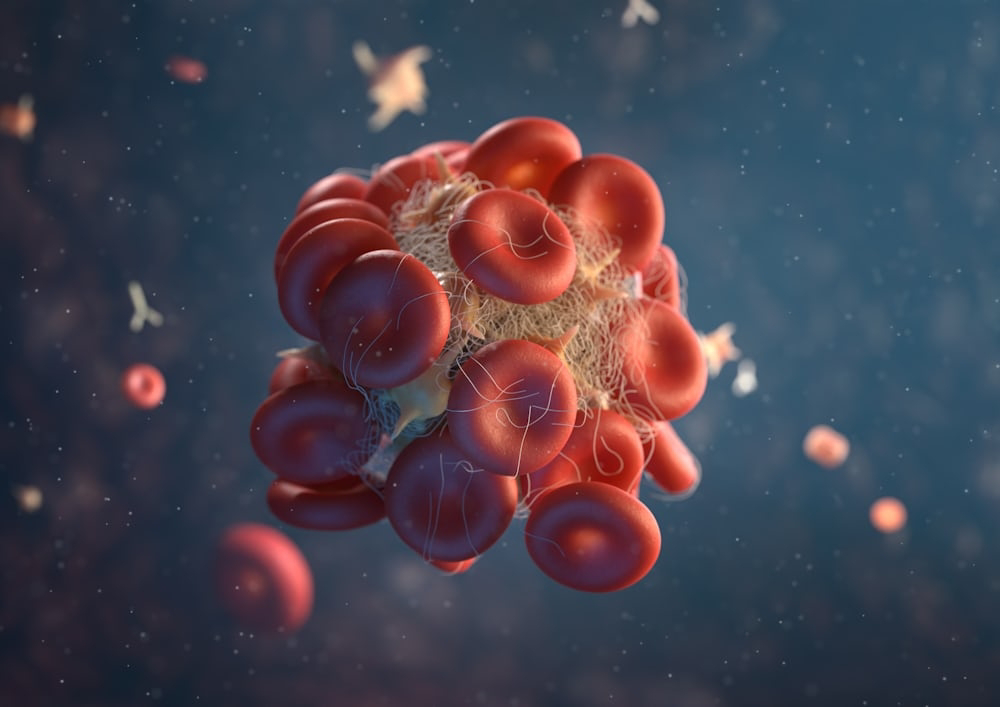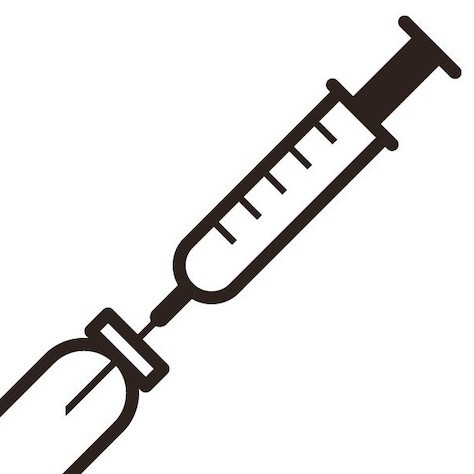Understanding Klinefelter Syndrome and the Role of Testosterone Replacement Therapy
Klinefelter syndrome (KS) is a genetic condition that affects males. It occurs when a male is born with an extra X chromosome, resulting in the karyotype 47,XXY rather than the typical 46,XY. This additional genetic material can impact various aspects of development and health, often leading to a spectrum of physical, cognitive, and reproductive issues. One of the primary treatments for managing some of the symptoms associated with Klinefelter syndrome is testosterone replacement therapy (TRT).
The Basics of Klinefelter Syndrome
Klinefelter syndrome is named after Dr. Harry Klinefelter, who first described the condition in 1942. It is one of the most common chromosomal abnormalities, occurring in approximately 1 in 500 to 1,000 live male births.
Genetic Basis and Diagnosis
KS is typically caused by nondisjunction during meiotic division, leading to an extra X chromosome. This results in a 47,XXY karyotype, though variants such as 48,XXXY or mosaic patterns (46,XY/47,XXY) can also occur.
Diagnosis often involves:
- Physical examination: Noticing physical traits and developmental delays.
- Karyotype analysis: Confirming the presence of an extra X chromosome.
- Hormonal tests: Measuring levels of hormones like testosterone, luteinizing hormone (LH), and follicle-stimulating hormone (FSH).
Symptoms and Clinical Features
The symptoms of KS can vary widely among individuals. Common features include:
- Physical Characteristics: Taller than average stature, reduced muscle mass, broader hips, gynecomastia (breast tissue development), sparse facial and body hair.
- Reproductive Issues: Small testes (testicular atrophy), low testosterone levels, infertility, reduced libido.
- Cognitive and Behavioral Issues: Learning disabilities, speech and language development delays, difficulties with executive functioning, and sometimes social challenges.
Testosterone Replacement Therapy (TRT) and Its Role in KS
Testosterone replacement therapy is a cornerstone in the management of Klinefelter syndrome. TRT aims to normalize testosterone levels, which can mitigate many of the symptoms associated with the condition.
Indications for TRT
TRT is generally recommended for individuals with KS who exhibit symptoms of hypogonadism (low testosterone). These symptoms can include:
- Low energy levels
- Decreased muscle mass and strength
- Osteoporosis or reduced bone density
- Mood changes, such as depression or irritability
- Reduced libido and erectile dysfunction
Forms of Testosterone Replacement
Testosterone can be administered in various forms, each with its own advantages and considerations:
- Injections: Intramuscular injections (e.g., testosterone cypionate or enanthate) are common. They typically need to be administered every 1 to 3 weeks.
- Transdermal Patches: Applied daily to the skin, providing a steady release of testosterone.
- Gels: Applied to the skin, usually on the shoulders or abdomen, allowing for daily administration.
- Implants: Testosterone pellets can be implanted under the skin and provide a long-term solution (usually lasting several months).
- Oral/Buccal Tablets: Less commonly used due to potential liver toxicity and inconsistent absorption.
Benefits of TRT
The benefits of TRT for individuals with KS can be substantial and include:
- Physical Health: Increased muscle mass, reduced body fat, improved bone density, and enhanced physical strength.
- Sexual Health: Increased libido, improved erectile function, and sometimes improvement in fertility with concurrent treatments.
- Psychological Well-being: Improved mood, reduced anxiety and depression, enhanced self-esteem, and better quality of life.
- Cognitive Function: Potential improvements in concentration, memory, and overall cognitive abilities.
Potential Risks and Side Effects
While TRT can offer many benefits, it is also associated with potential risks and side effects, such as:
- Cardiovascular Issues: Increased risk of heart disease, hypertension, and blood clots.
- Prostate Health: Potential enlargement of the prostate and increased risk of prostate cancer, though this is still debated.
- Hematological Effects: Elevated red blood cell count, which could lead to polycythemia.
- Skin Reactions: Irritation or allergic reactions at the application site for patches and gels.
- Sleep Apnea: Exacerbation of pre-existing sleep apnea.
Comprehensive Management of Klinefelter Syndrome
While TRT addresses many symptoms of KS, a comprehensive approach to management is crucial. This often involves a multidisciplinary team, including endocrinologists, geneticists, psychologists, speech therapists, and occupational therapists.
Early Intervention and Support
Early diagnosis and intervention can significantly improve outcomes. Support may include:
- Educational Support: Tailored learning plans, speech therapy, and cognitive behavioral therapy.
- Fertility Treatment: Assisted reproductive technologies, such as testicular sperm extraction (TESE) combined with in vitro fertilization (IVF), can help some men with KS father biological children.
- Psychological Counseling: To address mental health issues, improve coping strategies, and support social skills development.
- Lifestyle Modifications: Encouraging a healthy diet, regular exercise, and smoking cessation to reduce overall health risks.
Long-term Monitoring
Individuals with KS require long-term monitoring to manage potential complications and adjust treatments as needed. Regular follow-ups with healthcare providers are essential to ensure optimal health and quality of life.
Klinefelter syndrome is a complex condition that impacts many aspects of an individual's life. Testosterone replacement therapy plays a vital role in managing the symptoms of hypogonadism associated with KS, providing numerous physical and psychological benefits. However, a holistic and multidisciplinary approach to treatment is essential to address the diverse needs of individuals with KS. Early diagnosis, comprehensive management, and ongoing support can significantly enhance the overall well-being and quality of life for those affected by Klinefelter syndrome.





Comments
Post a Comment